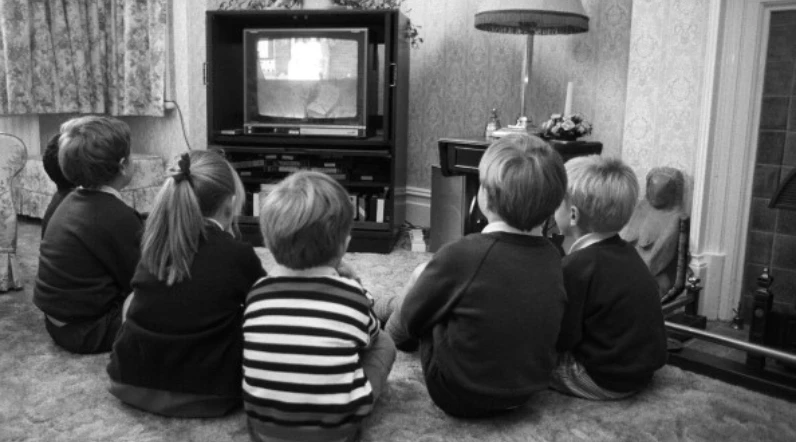It’s been over a century since the invention of television.
From the early days of black-and-white broadcasts to the high-definition images of today, TV has played a significant role in shaping our entertainment and culture.
Today, we are in the 21st century—a world of advanced technology and various streaming options!
Yet, despite these changes, television has not lost its importance. It remains a dominant force in the media landscape.
But what made it to hold this position?
Well, this will break down why is television still a popular source of entertainment and why it will continue to be an integral part of the media landscape in the future.
Let’s dive in…
1) It offers a shared viewing experience

I’m not really a fan of watching TV with a cable subscription. Actually, I have never had a cable subscription in my room.
Instead, I prefer to watch movies using my huge DVD collection and my big LG TV.
However, when streaming apps like Netflix or HBO Max became popular, I started using my phone to watch my favorite movies.
Although it was fine to binge-watch TV shows by myself at night under the covers, it wasn’t the same as watching movies on a big TV.
For me, I gather my family members or friends together to bond over popcorn and movies.
An especially big TV, like an LG C2 4k TV, and dim lights give the experience of being at a movie house… except it’s better because you get to choose from the slew of movies that you have, have your loved ones next to you and have more food and drinks (and several bathrooms) at your disposal as needed.
That being said, when people watch TV together, they share their reactions and emotions in real-time.
They laugh, cry, or gasp together and create a collective experience that strengthens bonds and fosters a sense of community.
Related: 3 Reasons you should keep your old TV Cable
2) TV is a Powerful advertising medium for business

Despite the rise of digital advertising platforms, television is still a powerful way to reach the most significant number of people across all age groups and demographics, influencing consumer behavior and purchasing decisions.
Many businesses still allocate a significant portion of their advertising budgets to television to reach their target audience and increase brand awareness.
Related: 6 Ways to Boost Your TV’s Picture Quality.
3) TV provides a sense of nostalgia and connection to the past

It has a unique power to transport viewers back to a specific time, evoking nostalgia and a connection to the past.
Whether through reruns of classic sitcoms, period dramas, or even documentaries about historical events, television lets viewers experience and reminisce entertainingly.
For many, watching old television shows from childhood is a comforting and nostalgic experience.
The familiar characters and storylines bring back fond memories and provide a connection to a time in their lives that may now seem distant.
Related: 6 Things You Are Doing That Are Shortening the Life of Your TV
4) It provides a reliable source of information
Television has been a primary source of information for many people for decades, and it continues to be so today.
Though there are now many online news sources and social media platforms that offer quick access to information, TV remains a trusted and reliable source of news and current events.
F.A.Q.s
Q: Why is TV still relevant when you can watch anything online?
While online streaming services have revolutionized the way we consume media, TV remains relevant because of its convenience, wide availability, and broad appeal.
Additionally, live events, such as sports and award shows, are still best watched on TV.
Q: How has TV adapted to the digital age to retain its dominance?
TV networks have embraced streaming, offering their content online to cater to changing viewer preferences.
Additionally, smart TVs and interactive features have modernized the TV experience, making it more engaging.
Q: Are there any psychological factors that contribute to the enduring appeal of TV?
Yes, the “couch potato” phenomenon and the comfort of routine play a role.
Many people associate watching TV with relaxation, which contributes to its enduring popularity.

Abdul Kader, a handy guy and experienced founder of a TV repair shop in Gulshan, Dhaka, Bangladesh. He is mainly an expert in understanding and repairing different types of issues with Smart TVs and providing helpful insights on how to keep them in good working order. Read his Full Story.

